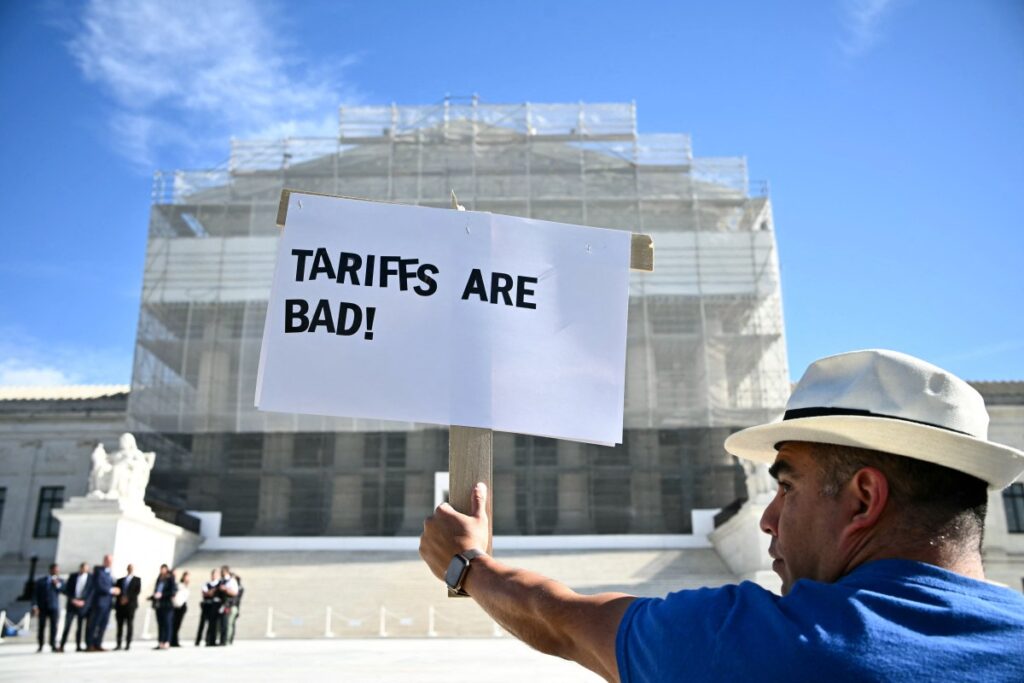China has announced the suspension of “special port fees” on US vessels for a period of one year, in tandem with the US pause on levies targeting Chinese ships. This move is part of a fragile trade truce between the two superpowers, which have been engaged in a volatile trade and tariff war for months. The suspension of port fees, which applied to ships operated by or built in the US that visited Chinese ports, took effect at 13:01 local time on Monday.
The trade tensions between the US and China had led to duties reaching prohibitive triple-digit levels, hindering trade between the world’s two largest economies and disrupting global supply chains. However, after a meeting between Presidents Xi Jinping and Donald Trump in South Korea last month, both countries agreed to roll back some punitive measures.
The US shipbuilding industry, which was once dominant after World War II, has declined significantly and now accounts for only 0.1% of global output. The sector is currently dominated by Asia, with China building nearly half of all ships launched, followed by South Korea and Japan.
In a separate move, Beijing announced the suspension of sanctions against US subsidiaries of Hanwha Ocean, one of South Korea’s largest shipbuilders. The year-long suspension, effective from November 10, is linked to the US halting port fees it had levied on Chinese-built and operated ships. China had imposed sanctions on five US subsidiaries of Hanwha in October, accusing them of supporting a US government investigation that found Beijing’s dominance of the shipbuilding industry unreasonable.
The Chinese commerce ministry stated that the country looks forward to the US continuing to meet China halfway and jointly safeguarding fair competition in the global shipping and shipbuilding market. Beijing also announced the addition of more than a dozen fentanyl precursors to a list of controlled exports to the US, Mexico, and Canada, in an effort to address Washington’s concerns about the flow of deadly chemicals underpinning a devastating drug crisis in the US.
These measures are the latest signs of a thaw in economic ties between the US and China since the Xi-Trump meeting. China has extended the suspension of additional tariffs on US goods for one year, keeping them at 10%, and suspended some tariffs on soybeans and other US agricultural products. The country has also suspended an export ban on certain metals crucial for modern technology and agreed to halt restrictions on the export of rare earths technology for one year.
